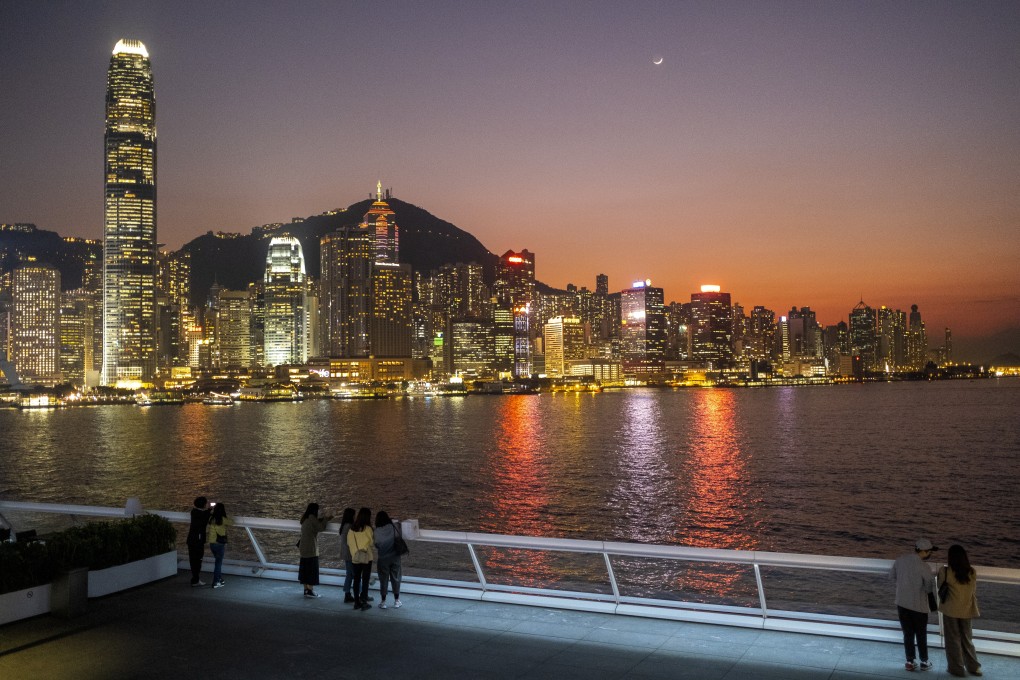Concrete Analysis | What will happen to Hong Kong land lot leases expiring this decade?
- Residential and commercial leases expiring by 2025 will involve about 300 interest holders and those by 2030 will involve up to 8,500 interest holders
- Rising public concern over whether the expiring leases will be extended in a smooth and timely manner

There are about 50 residential and commercial land lots whose leases will expire in 2025, and the leases for another 320 lots will expire by 2030.
According to the government in a recent response to a question from the Legislative Council, the leases expiring by 2025 will involve about 300 interest holders and those by 2030 will involve up to 8,500 interest holders. As there have been no such lease expiries between 2016 and 2024, those expiring in 2025 could serve as a reference case for handling subsequent lease expiries.
However, the government has not yet announced any confirmed mechanism and procedures regarding the extension of these leases. And there is rising public concern whether the expiring land leases will be extended in a smooth and timely manner.
According to the policy statement promulgated in July 1997, leases not containing a right of renewal may be extended for a term of 50 years without the payment of additional premiums. Moreover, an annual rent equivalent to 3 per cent of the rateable value of these properties shall be imposed. The case of Pok Fu Lam Gardens extending its lease in 2006 for 50 years without the payment of an additional premium has always been quoted by the government as a possible arrangement for the upcoming expiries.
Lands Department will generally accept applications for lease extensions from relevant owners three years before an expiry date. With the next batch of leases expiring in 2025, the department will only start accepting extension applications for these leases next year.
The three-year window for extending expiring leases has a ripple effect – the short time frame does not only create uncertainty for the future of the current lease, but it also discourages owners from attempting to apply for redevelopment, thus blotting out any associated economic benefits. While the government has stood firm on this time frame, it has not reserved enough buffer time to tackle unexpected events. The outbreak of Covid-19 is a living example that a considerable number of government administrative procedures have been delayed.
